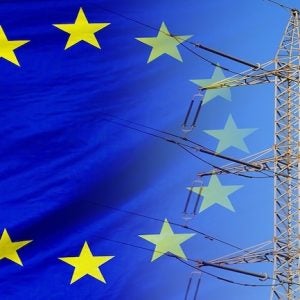Despite an announcement in October by Hudi Hastowo, head of the country’s National Nuclear Energy Agency, that plans for Indonesia’s first nuclear power plant had been delayed in response to the 11 March Fukushima nuclear disaster in Japan, plans for its construction have now been approved (on 30 November) by State Enterprise minister Dahlan Iskan.
It will be sited in the Tanjung Ular Muntok Cape region, West Bangk. Dahlan Iskan said the proposal for a nuclear power plant in Indonesia had stirred up a lot of controversy, but it could proceed, arguing that the radiation leak at Fukushima had not claimed any lives.
Activists and experts have been consistently denouncing the government’s plan to develop nuclear power as unrealistic, instead calling on it to focus on renewable energy sources such as geothermal. In particular, Iwan Kurniawan, an independent nuclear expert, has said publically that plans to build the country’s first nuclear power plant by 2016 were unrealistic. “You need at least five years for the construction,” he said. “And that’s if everything goes smoothly and there’s no resistance from the public. Realistically, the total amount of time needed to build and start generating power from a nuclear plant is 10 to 15 years.” He also said the country could only carry out the plan if it could develop the technology itself. “You need to develop your own nuclear reactors — and not buy them from other countries — because then you know what to do if something goes wrong,” he said. “I guess that’s still our weakness.” Iwan added that the cost of developing a nuclear reactor would be far too high for Indonesia considering the low level of technological capability here.
Berry Nahdian Furqon, executive director of the Indonesian Forum for the Environment (Walhi), said that running a nuclear plant would require large amounts of uranium, which the country would likely have to import because it did not have its own enrichment facilities. He also said Indonesia could generate another 75 GW from building more hydroelectric plants, which would be enough to meet the power needs of 30 percent of households in the country.
The government plans to build two nuclear power plants in Bangka-Belitung province, off the southern coast of Sumatra — reportedly one 10 GW plant and one 8 GW plant. In the 1990s, the government tried to develop four nuclear plants in Jepara district, Central Java, each with a capacity of 1050 MW. However, in the face of stiff opposition from locals, that project was dropped.






